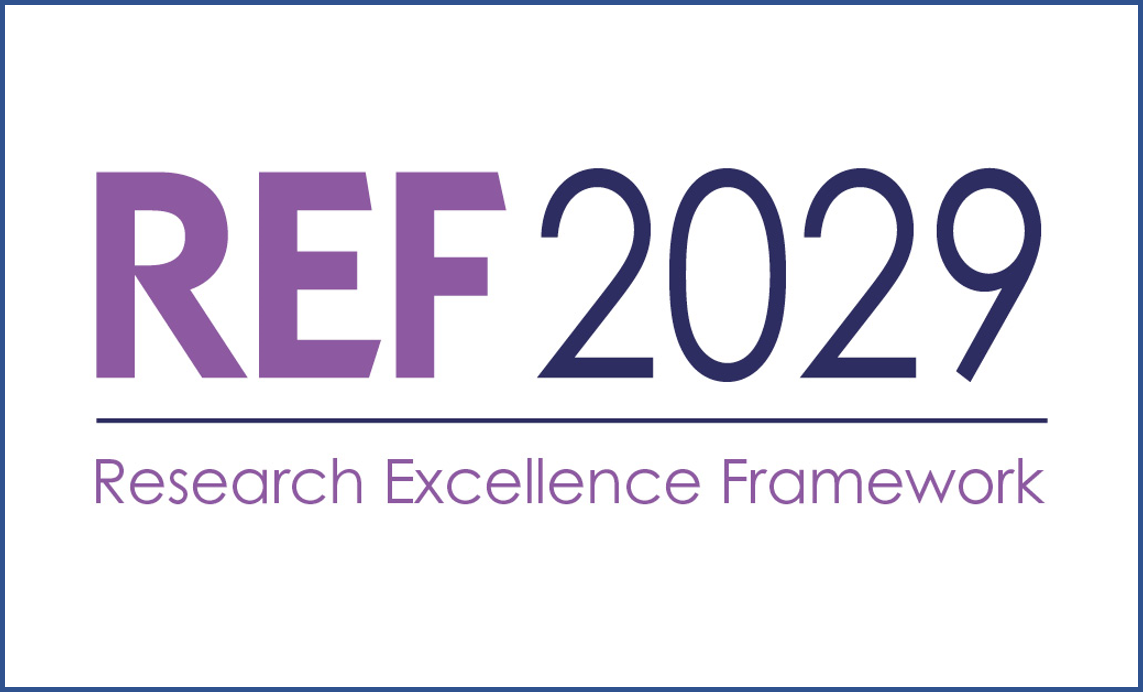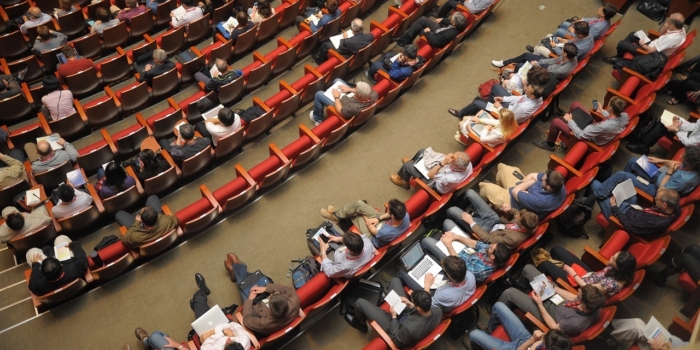Prof Voicu Ion Sucala is Chair of EPC Research, Innovation and Knowledge Transfer committee and Head of Engineering at the University of Exeter.
It is beyond any doubt that engineering is bringing an immense contribution to the human society and has been doing so for a very long time. Just as an example, sanitation has been considered one of the most important contributions to the improvement of health and community wellbeing around the world. But sanitation is the work of engineers, of course, together with biologists, city planners and others.
Engineering is also celebrated for this reason. For example, on the 4th of March the world just celebrated the World Engineering Day for Sustainability for the sixth time since its introduction by UNESCO in 2019. The Royal Academy of Engineering has established a National Engineering Day to raise the public awareness of the difference made by engineering in the world and to celebrate how engineers shape the future.
But engineering work cannot be delivered without the research that takes place in universities, research institutes, and in private companies. In the UK a part of this research is privately funded, but another important part is funded by public money. Around £2 billion of such monies are allocated each year based on each university’s performance in the Research Excellence Framework (REF). For those not familiar with the process, REF work is carried out mainly through sub-panels focused on subject-based units of assessment (UoAs), under the guidance of overarching main panels and advisory panels. You can find more info about REF here, and about the panels here and here.
A challenge for engineering, hence this blog, is to make sure that all research work carried out in our departments is properly presented and assessed in the REF process. An issue, perhaps not unique to engineering, is that some of this work is confidential and its results cannot be published. There might be multiple reasons for this: the work is done for a commercial partner which pays to have the intellectual property (IP) or is for the defence and security sector.
Therefore, the question for us all is how can we make sure that this type of work is reflected in REF, so our universities will benefit from the funding distributed as a consequence of REF? The answer to this question is complicated and it involves multiple actors – UKRI, the universities and all those involved in such work. At the individual end, the first step it to make sure engineering has a diverse representation in the panel. The REF team actively encourages and supports applications to REF panels from individuals across diverse backgrounds, career stages, and lived experiences. UKRI recognises the critical role that inclusive representation plays in ensuring the REF assessment process reflects the breadth and vitality of UK research. For the next REF exercise engineering UoA must include experts with international expertise at strategic and discipline levels to make sure the UK’s assessment properly accounts for the value of international partnership and differences in international approaches. As well it needs members with non-academic expertise to ensure the value of research happening inside HEIs is understood in relation to that outside of academia. Industrial experience will be particularly valuable as well as the particular case of experience in working in the defence and security sector.
This article is a call for all members of EPC to put forward such candidates for the panel members positions, with a special mention that the application deadline is midday of 28th of April. The link to the application process is here.




